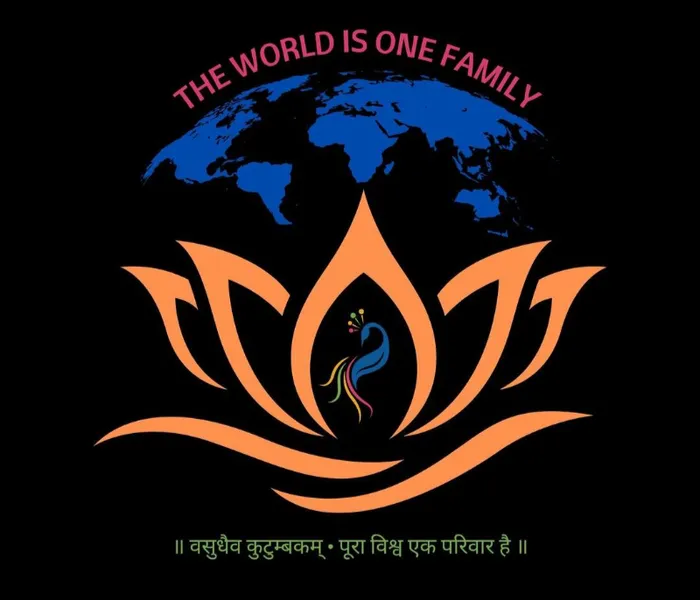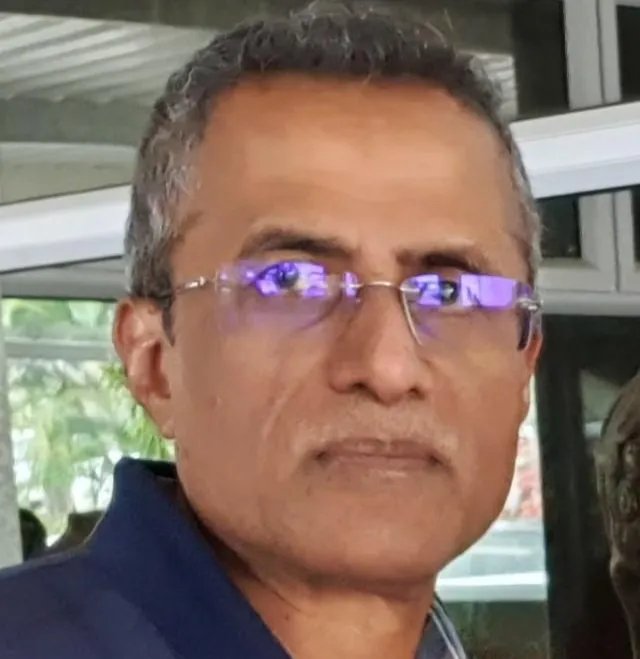Diwali – an opportunity for introspection and lighting up the lives of others
Spirit of sharing

An essential tenet of Hinduism is Vasudhaiva Kutumbakam - the whole world is one family.
Image: Instagram.com
THERE are many religious reasons for celebrating Diwali, also known as Deepavali, the most well-known of which include the return of Lord Rama to Ayodhya from exile, Lord Krishna’s victory over the demon King Narakasura, and the return of the five Pandava brothers to Hastinapura from exile. In essence, the celebration of Diwali is associated with the victory of righteousness over evil and ignorance.
It is marked by the illumination of homes and the hearts of those who observe it. In addition to commemorating the victory of good over evil and light over darkness, Diwali presents an opportunity for self-reflection, generosity, and human connection.
Although Diwali has strong Hindu origins, its core values - compassion, hope, and rebirth - are universal in nature. Diwali serves as a reminder of our common humanity, our innate ability to be kind and resilient, and the power we all possess to effect positive change. Beyond worship, lighting lamps, setting off fireworks, and indulging in festive treats, Diwali serves as a poignant reminder of our collective responsibility to care for the welfare of others.
It is appropriate to reflect on how we can illuminate the lives of those around us who are less fortunate, regardless of race or religion. An essential tenet of Hinduism is Vasudhaiva Kutumbakam - the whole world is one family. While fortunes are spent on material extravagance, spare a thought for those who are disadvantaged, destitute, unemployed, marginalised and socially excluded.
Scriptures compel all Hindus to engage in some form of charity (daan) and social upliftment, according to ability, selflessly, without expectation of reward (Nishkhaam Karma). Some give money, while others offer time and labour in support of worthy causes.
According to the Bhagavad Gita (17.21), charity given as a matter of duty, with no expectation of return, to a deserving recipient at the right place and time, is referred to as sattvikam. Historically, Hindus in South Africa struggled against discrimination, poverty, lack of education, as well as political and civic representation, and religious and cultural marginalisation for 130 years. Hindus managed to survive the economic and political onslaught primarily due to their rich cultural and religious heritage, as well as their self-help community survival strategies.
In the 21st Century, there has been a significant retreat from this proud tradition of sharing and caring. Religious festivals and wedding ceremonies have become opportunities for ostentatious displays of wealth. If Hindus and Hinduism are to survive in South Africa, there is an urgent need to revert to fundamental values of sharing and caring - uplifting the poor and disadvantaged in a severely fractured society. The festival of Diwali provides one such opportunity.
In a polarised world, Diwali reminds us that we all have the power to illuminate the lives of others and work toward a brighter, more inclusive future. In South Africa, Diwali should not just be a personal or family celebration, but a collective one that fosters unity across diverse backgrounds and socioeconomic divisions. In this way, the festival becomes a celebration of humanity itself. The true essence of Diwali lies not only in the brightness of diyas (lamps), but in the warmth of giving, the bonds of community, and the light we bring into each other’s lives.

Professor Brij Maharaj
Image: File
Professor Brij Maharaj, Deputy President of the South African Hindu Maha Sabha.